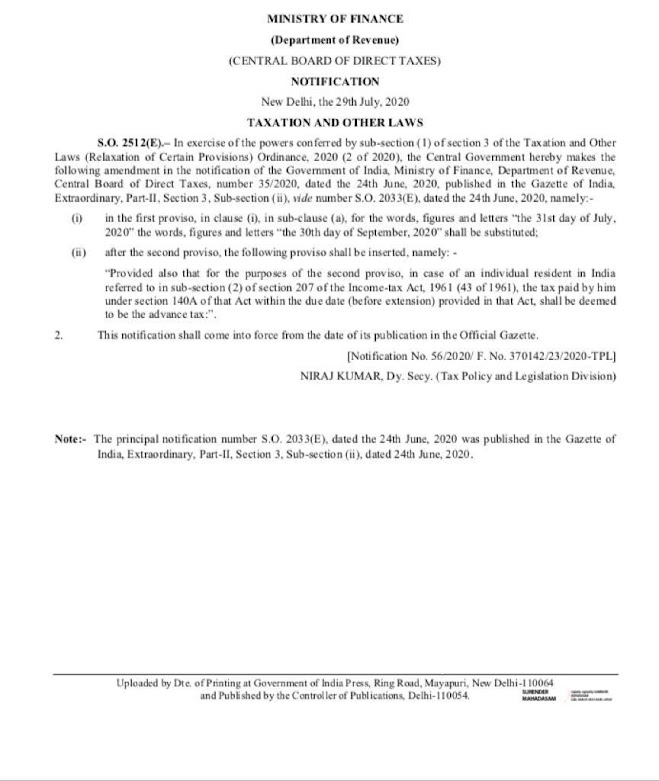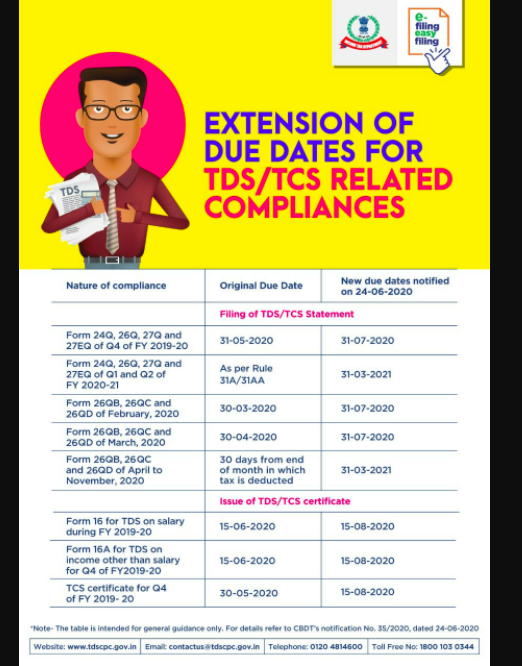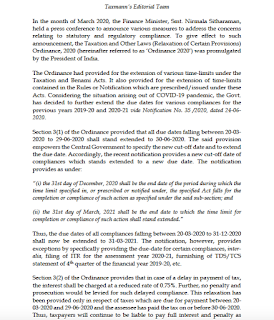GST and Income Tax to share data with each other Ministry of Finance released a Press Release on 21st July, 2020 informing the public about the new MoU (Memorandum of Understanding) signed between CBIC (Central Board of Indirect Taxes and Customs) and CBDT (Central Board of Direct Taxes) to facilitate smoother bilateral exchange of Data. The MoU was signed on 21st July, 2020 by Shri Promod Chandra Mody, Chairperson of CBDT and Shri M Ajit Kumar, Chairperson CBIC. The agreements on the MoU signed took over the MoU signed by CBIT and CBEC in 2015. There have been a lot of changes in the finance sector since 2015 like introduction and incorporation of GST, note ban and introduction of new notes, change in the name of CBIC ( Central Board Indirect taxes an Customs) from CBEC (Central Board of Excise and Customs). Therefore, newly drafted MOU was log due; and has marked the new era of co-operation between CBDT and CBIC. According to the MOU signed, both the parties will share the data and i


